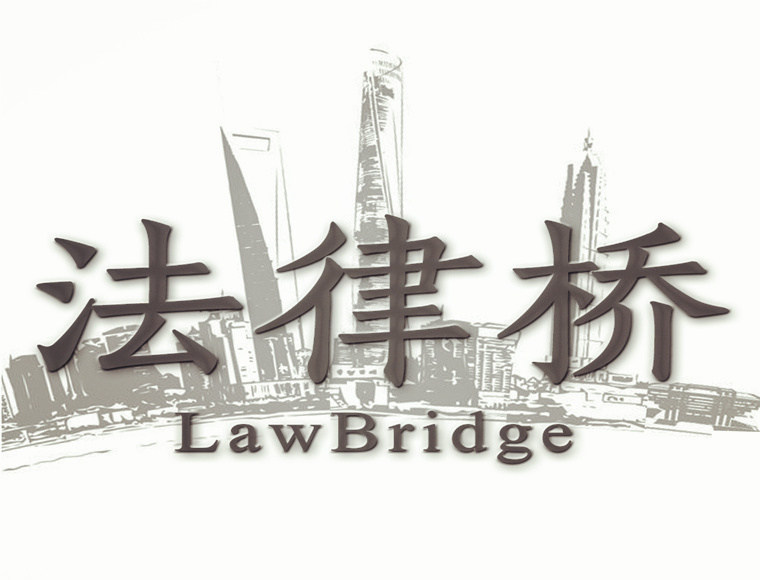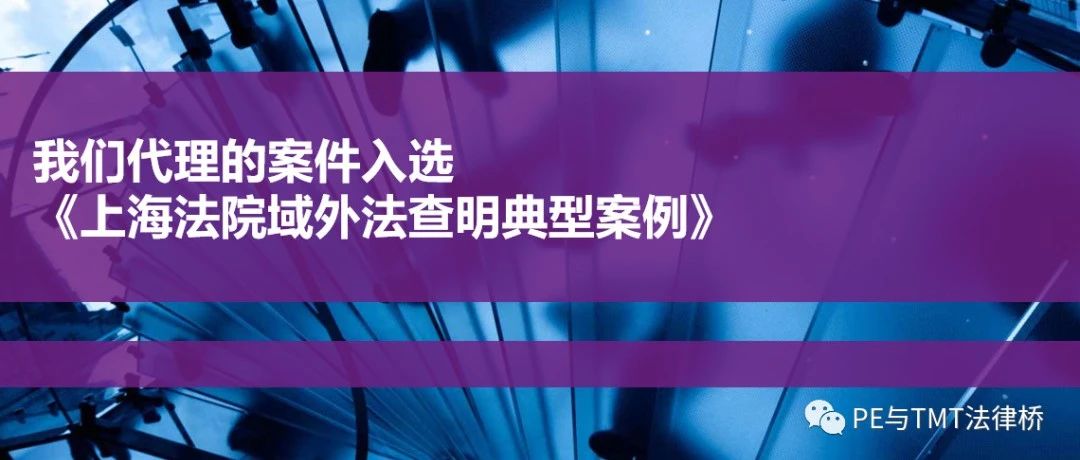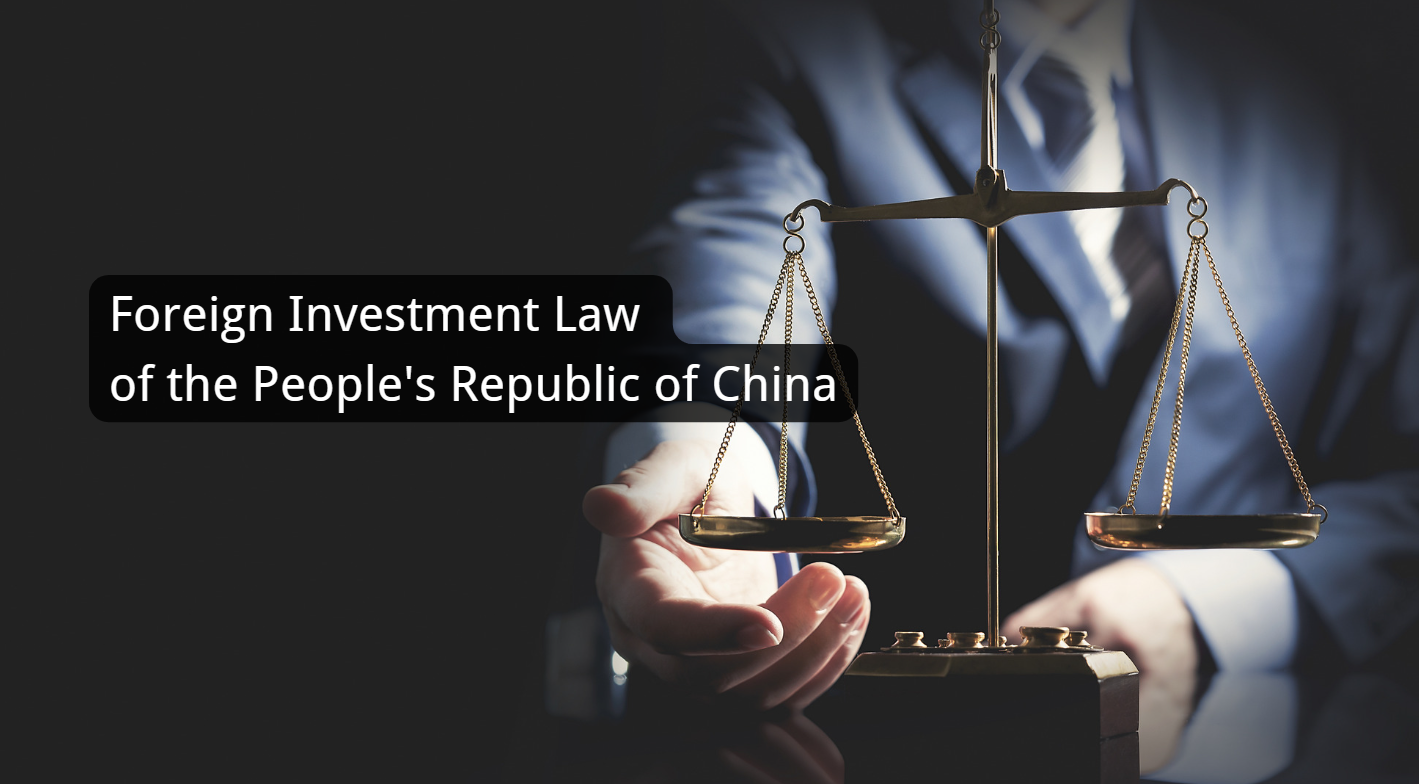Is it necessary for the target company to sign the equity transfer contract?
The target company that is not the subject of the contract has not signed or sealed,
Does not affect the effectiveness of the equity transfer contract
In the capital increase (investment) agreement, the capital increase (investment) party and the original shareholder may agree:
When the target company fails to achieve its specific business objectives, the investor (investor) has the right to exercise the redemption right, that is, the original shareholder repurchases the shares held by the new shareholder at a certain price, and the new shareholder withdraws from the target company.
The question is, does the target company's failure to sign the corresponding equity transfer contract affect the effectiveness of the equity transfer contract? How effective are the provisions on share redemption among shareholders?
We will reveal the answer to this question through a classic case of the court.
✦
Gist of the referee
✦
1. The target company is not necessarily the subject of the equity transfer contract, and the failure of the target company not the subject of the contract to sign and seal does not affect the effectiveness of the equity transfer contract.
2. The agreement on share redemption rights between the capital increase party and the original shareholder will not reduce the registered capital of the company, and will not harm the interests of the company and its creditors, nor violate the relevant provisions of the company law, which shall be deemed as legal and effective.
✦
Brief introduction of the case
✦
1、 On July 16, 2014, China Railway Chengdu signed the Capital Increase Agreement with the former shareholders of Neptune, Wang Lingyu, Chen Xing and Hu Xiufang, agreeing that:
The new registered capital subscribed by Chengdu China Railway is 5 million yuan;
After that, all parties fulfilled their obligations to pay the capital increase, industrial and commercial registration and issue share certificates.
On the same day, the parties to the agreement signed the Supplementary Agreement I, in which the second article "Redemption right (repurchase) or withdrawal" agreed:
If Neptune fails to complete the IPO within three years after the capital increase, Chengdu China Railway has the right to exercise the redemption right.
2、 On July 30, 2015, the parties signed the Supplementary Agreement II, agreeing to terminate the provisions of Article 2 "Redemption right (repurchase) or withdrawal" of the Supplementary Agreement I.
3、 On August 20, 2015, the parties to the Capital Increase Agreement signed the Supplementary Agreement III, which renewed the terms of redemption right (repurchase) or withdrawal, which is consistent with the provisions of the Supplementary Agreement I.
Neptune did not sign and seal the above three supplementary agreements.
4、 On September 27, 2017, China Railway Chengdu sent the Share Redemption Notice to Wang Lingyu, Chen Xing and Hu Xiufang by EMS express mail and notarization, requiring Wang Lingyu, Chen Xing and Hu Xiufang to perform their share repurchase obligations in accordance with the provisions of the Supplementary Agreement III.
Liu Jie, the director of Neptune, sent the Share Redemption Notice to Wang Lingyu, Chen Xing and Hu Xiufang via email.
5、 Chengdu China Railway sued Tianjin First Intermediate People's Court:
Wang Lingyu, Chen Xing and Hu Xiufang were ordered to pay 72417500 yuan and its interest to Chengdu China Railway for repurchasing all the shares of Neptune held by Chengdu China Railway.
6、 The judgment of Tianjin First Intermediate Court:
Wang Lingyu paid 38594300 yuan and corresponding interest to Chengdu China Railway;
Chen Xing paid 26879700 yuan and corresponding interest to China Railway Chengdu;
Hu Xiufang paid 6.9435 million yuan and corresponding interest to China Railway Chengdu.
Later, Hu Xiufang filed an appeal, and the Tianjin High Court rejected the appeal and upheld the original judgment.
✦
Referee's point of view
✦
The focus of the dispute in this case is whether Neptune is the contract subject of the Capital Increase Agreement, Supplementary Agreement I, Supplementary Agreement II and Supplementary Agreement III;
2、 The legal effect of Supplementary Agreement II and Supplementary Agreement III, and the effect of equity redemption provisions in Supplementary Agreement III.
We believe that:
The Capital Increase Agreement, Supplementary Agreement I, Supplementary Agreement II and Supplementary Agreement III are all contracts that stipulate the rights and obligations related to the capital increase and equity transfer between the original shareholders (Wang Lingyu, Chen Xing, Hu Xiufang, etc.) and the new shareholders (Chengdu China Railway, etc.).
Neptune, as the target company, neither enjoys the rights nor assumes the obligations under the above contract. It is only the target company listed in the contract, and is not the contract subject of the Capital Increase Agreement, Supplementary Agreement I, Supplementary Agreement II and Supplementary Agreement III.
Neptune, which is not the subject of the contract, has not signed the Capital Increase Agreement, Supplementary Agreement I, Supplementary Agreement II and Supplementary Agreement III, which will not affect the effectiveness of the Capital Increase Agreement, Supplementary Agreement I, Supplementary Agreement II and Supplementary Agreement III.
Redemption rights (repurchases) or withdrawal clauses are agreements to adjust the valuation of equity investments. The relevant agreements point to uncertain future business objectives, and take the business objectives as the pre-set conditions for share redemption.
This agreement is the business judgment and customary business operation mode of equity transfer among the shareholders of the company. It is a consensus agreement reached by all business entities through negotiation. The content of the agreement does not violate the mandatory provisions of laws and administrative regulations, nor does it damage the legitimate rights and interests of the company, other shareholders of the company and creditors of the company. It should be legal and effective.
✦
Summary of practical experience
✦
1、 For the target company, generally speaking, it is not the subject of the equity transfer contract, does not assume the obligations under the contract, does not enjoy the rights under the contract, and is not necessarily a party to the equity transfer contract.
However, in the gambling terms, the parties agreed that the target company should undertake the equity repurchase obligation. If the investor requests the target company to repurchase the equity, the target company is the subject of the contract. If it has not signed and sealed, the equity transfer contract will not take effect.
2、 For the capital increase (investment) party, it is a customary business operation mode to agree on the terms of share redemption or equity withdrawal when the target company increases (invests) capital, which is essentially a conditional equity transfer.
When the new and old shareholders agree that "when the target company's expected profit target cannot be achieved, the equity ratio shall be determined again", it shall comply with the legal provisions and shall not damage the interests of the target company and its creditors.
In the relevant agreement, the capital increase party should clearly stipulate the conditions for exercising the redemption right, the calculation method of the redemption price, the method of redemption notice and its delivery;
It is agreed that the actual controller and the original shareholder of the target company should undertake the redemption obligation as far as possible to avoid that the target company should undertake the redemption obligation;
When the redemption condition is triggered, the capital increase party shall exercise the redemption right in time.
(China is not a case law country, and the case cited and analyzed in this article is not a guiding case, and has no binding force on the trial and adjudication of similar cases. At the same time, it is particularly important to note that in judicial practice, the details of each case are very different, and it is not allowed to directly invoke the adjudication opinions of this article.)
✦
Relevant laws and regulations
✦
Company Law of the People's Republic of China (2018 Amendment)
Article 71 The shareholders of a limited liability company may transfer all or part of their equity to each other.
The transfer of equity by a shareholder to a person other than a shareholder shall be approved by more than half of the other shareholders.
Shareholders shall notify other shareholders in writing of the transfer of their shares for consent. If other shareholders fail to reply within 30 days from the date of receiving the written notice, they shall be deemed to have agreed to the transfer.
If more than half of the other shareholders disagree with the transfer, the dissenting shareholders shall purchase the equity to be transferred; If they do not purchase, they shall be deemed to have agreed to transfer.
Other shareholders have the preemptive right to purchase the shares transferred with the consent of shareholders under the same conditions.
If two or more shareholders claim to exercise the preemptive right, their respective purchase proportion shall be determined through negotiation;
If the negotiation fails, the preemptive right shall be exercised according to the proportion of their respective contributions at the time of transfer.
If the articles of association have other provisions on equity transfer, such provisions shall prevail.
✦
Court decisions
✦
The following is the detailed discussion of the dispute focus of the case by the Tianjin High Court in the civil judgment:
The Court believes that "1. Whether Neptune is the contract subject of the Capital Increase Agreement, Supplementary Agreement I, Supplementary Agreement II and Supplementary Agreement III.
The Capital Increase Agreement, Supplementary Agreement I, Supplementary Agreement II and Supplementary Agreement III are all contracts that stipulate the rights and obligations related to the capital increase and equity transfer between the original shareholders (Wang Lingyu, Chen Xing, Hu Xiufang, etc.) and the new shareholders (Chengdu China Railway, etc.).
Neptune, as the target company, neither enjoys the rights nor assumes the obligations under the above contract. It is only the target company listed in the contract, and is not the contract subject of the Capital Increase Agreement, Supplementary Agreement I, Supplementary Agreement II and Supplementary Agreement III.
In addition, the parties to the Capital Increase Agreement, Supplemental Agreement I, Supplemental Agreement II and Supplemental Agreement III are all commercial entities. Through the signing of the above agreements, they conduct commercial activities, obtain corresponding benefits and bear corresponding risks.
The above agreements were signed by various business entities in order to achieve the ultimate goal after mutual compromise and balance of interests through negotiation.
Each business entity carefully considers the content of the agreement and pursues completeness in form.
There is no signature page reserved for Neptune on the signature page reserved for each agreement, which also indicates that Neptune is not the signatory of the above agreement.
Neptune, which is not the subject of the contract, has not signed the Capital Increase Agreement, Supplementary Agreement I, Supplementary Agreement II and Supplementary Agreement III, which will not affect the effectiveness of the Capital Increase Agreement, Supplementary Agreement I, Supplementary Agreement II and Supplementary Agreement III.
2、 The legal effect of Supplementary Agreement II and Supplementary Agreement III, and the effect of equity redemption provisions in Supplementary Agreement III
Wang Lingyu, Chen Xing and Hu Xiufang, as the original shareholders and the actual controllers of the target company Neptune, entered into a series of contracts involving the case with China Railway Chengdu, which clearly agreed on the rights and obligations of the equity change of Neptune.
The series of contracts are the true meaning of Wang Lingyu, Chen Xing, Hu Xiufang and Chengdu China Railway. The contents do not violate the mandatory provisions of laws and administrative regulations on the validity of the contract, and should be legal and effective.
Regarding the appellant's claim that the Supplementary Agreement III did not come into force because Neptune did not sign or ratify it.
As mentioned above, Neptune, as the target company specified in the series of agreements, does not enjoy the rights under the contract and does not assume the obligations under the contract. It is not the subject of the series of contracts, and its failure to sign or ratify the agreement does not affect the legal effect of the series of contracts. The appellant claims that the Supplementary Agreement III has not come into force, and has no factual and legal basis, and the Court does not support it.
On the legal effect of the equity redemption clause in Supplementary Agreement III.
The signing time of Supplementary Agreement III is later than that of Supplementary Agreement II. Its content is the change of Supplementary Agreement II, which changes the "redemption right (repurchase) or withdrawal" clause agreed to terminate performance in Supplementary Agreement II to resume performance.
All parties have signed and sealed the Supplementary Agreement III, which is established and has legal effect. “
The contents agreed in the "Redemption right (repurchase) or withdrawal" clause are:
When certain conditions are met, the capital increase party (Chengdu China Railway) has the right to require the original shareholders (Wang Lingyu, Chen Xing, Hu Xiufang) to redeem some or all of their equity holdings through appropriate arrangements.
This agreement is the commercial judgment and arrangement of equity transfer among shareholders of Neptune Company, and is the consensus of all commercial parties through negotiation. The content of the agreement does not violate the mandatory provisions of laws and administrative regulations, nor does it damage the legitimate rights and interests of the Company, other shareholders of the Company and creditors of the Company. It should be legal and effective. All parties should perform their obligations according to the content of the Supplementary Agreement III, Take corresponding responsibilities. "
✦
Source of case
✦
Hu Xiufang, Chengdu China Railway High-end Transportation Equipment Industry Venture Capital Partnership Equity Transfer Dispute Civil Judgment of the Second Instance [Tianjin Higher People's Court, (2019) Jinminzhong No. 2]
PE and TMT legal bridge

Presiding lawyer: Yang Chunbao, first-level lawyer
Tel/WeChat: 1390 182 6830
Business contact and submission email:
chambers.yang@dentons.cn
Address: 9/24/25/F, Shanghai World Financial Center, 100 Century Avenue, Shanghai























































First, please LoginComment After ~